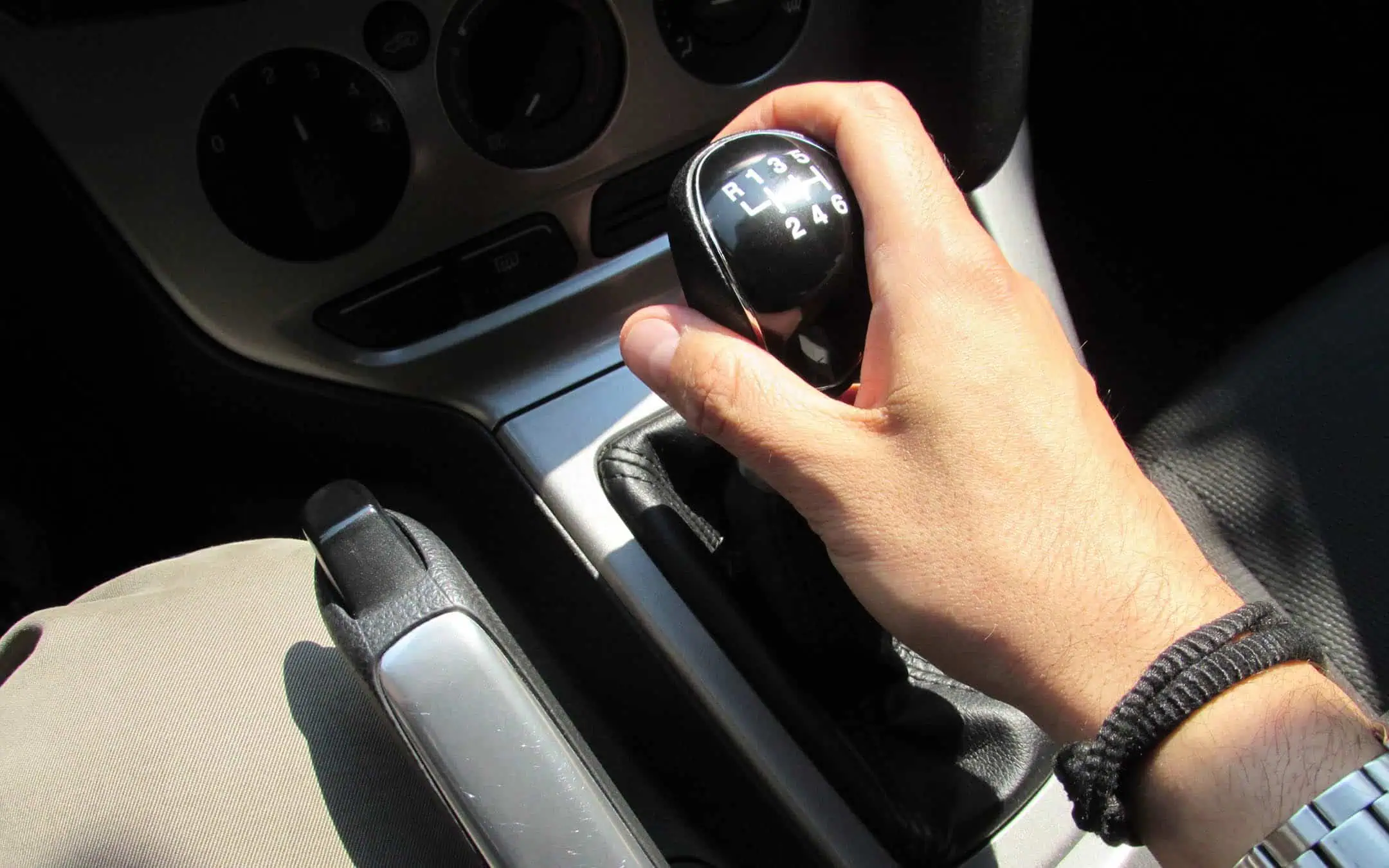Car Finance for Students

Reviewed & fact checked
By: Verity Hogan - Finance Editor
How student car finance works

Get a quote
Fill out a quick application to check if you’re eligible, with zero impact on your credit score.

Meet your account manager
A dedicated Account Manager will be in touch to guide you by call, text, or WhatsApp.

Choose a car
Browse 100,000+ used cars or buy from any trusted UK dealer, it’s up to you.

Hit the road!
Tell your Account Manager what you’re after, and if approved, you could be driving in just a few days.
*Rates start from 8.9% APR - Representative example 20.5% APR
Young Car Driver works with CarFinance 247 Limited, a credit broker (not a lender), to help you find the best car finance deal for your circumstances from their panel of trusted lenders. The exact APR you’re offered will depend on your personal situation and is subject to status and affordability checks.
Representative Example:
Borrow £6,500 over 5 years with a £0 deposit.
Representative APR: 20.5% (fixed).
Monthly payment: £167.88.
Option to purchase fee: £10.
Total cost of credit: £3,582.80.
Total amount repayable: £10,082.80.


Can a student get car finance?
Yes! Students can get car finance. Through Young Car Driver, you have a wide panel of lenders to help find car finance for people with a wide range of different circumstances, including full-time students.
Whether you’re working towards a degree at university, pursuing a professional qualification, or following a further education course, we know that there are many reasons why you might need access to a car. You might need a vehicle to drive to university and back, to go to your part-time job, to complete an industry placement, or to visit friends and family in different parts of the country.
Unfortunately, securing a car loan as a student is not always easy. While different lenders have different eligibility criteria, students are often aged under 21 and don’t have a full-time income. This means they won’t have had the chance to build up much of a credit history and will have limited affordability.
The good news is that working with a credit broker like Autedia means you’ll have access to lenders who specialise in offering loans to students and people with bad credit. This means you might be able to find the right deal for you, even if you’ve been refused car finance elsewhere.
You can also take steps to improve your chances of securing a student car loan. If you’re aged 18 to 22, working to increase your credit score could unlock more options. Getting a part-time job that brings in regular income could also change your situation.
Car finance for students with no credit history
If you’re a student aged under 22, you probably won’t have had time to build up much of a credit score. In fact, if you’ve never had a loan or other type of finance before, you might not have any credit history at all.
It’s not uncommon for students to find themselves in this position, but a lack of credit history can make qualifying for a car loan harder. It’s all about risk; a credit score is one of the tools lenders use to determine how you might act as a borrower.
If you have a good credit score and a history of making your repayments in full and on time, lenders can feel reasonably confident that you’ll do the same again. With no credit history available, they have no way of knowing whether you’ll be a responsible borrower or not, which can make you a riskier proposition. This can be seen as equivalent to having a bad credit score.
Even so, a student with no credit history can find a loan. There are lenders that specialise in helping people with bad credit find finance, and you might be able to improve your eligibility even more if you have a guarantor.


Student car finance with a guarantor
Having a guarantor could increase your chances of getting student car finance.
Guarantor car loans work differently to other types of finance as there’s a third-party involved, someone who agrees to step in and make your loan repayments if you can’t. This reassures lenders that the loan will be paid and can make them more willing to lend to you.
Not everyone can be a guarantor. Typically, they’ll need to be over 21 years old and have a good credit score – some lenders also require guarantors to be homeowners. They should also be someone you’re very close to, such as a family member. Your guarantor must be comfortable vouching for you and potentially stepping in to make payments if you can’t. Failing to do so could impact their credit score as well as yours.
Types of car finance deals for students
Three main types of car finance loan might be available for students: Hire Purchase, Personal Contract Purchase, and Personal Loans.
- Hire Purchase student car finance
- Personal Contract Purchase student car finance
- Personal loans for students

Hire Purchase student car finance
Hire Purchase (HP) car finance is one of the most popular types of student car finance. It’s a type of loan that’s secured against the car. You’ll typically need to put down a deposit (although no deposit options are available) and then borrow the outstanding purchase price of your new or used car.
HP loans can last between one and six years; throughout that time, you’ll need to make regular monthly repayments. Once you reach the end of the loan term and pay the small ‘Option to Purchase’ admin fee, you’ll become the car’s legal owner.
This type of car loan might have higher monthly repayments than other types of finance but can be more accessible to people with poor credit scores.

Personal Contract Purchase student car finance
Personal Contract Purchase (PCP) is an alternative type of car finance that works much like HP finance but offers more options. Instead of owning the car at the end of the loan term, you can return it to the lender or use any positive equity as a deposit in a new deal.
This is because, unlike HP, you won’t have to borrow the full purchase price of the car with PCP. After putting down a deposit, you’ll only need to take out a loan that covers the difference between the car’s current value and its predicted future value at the end of your loan term. This is also known as the car’s depreciation, the difference between its price and the Guaranteed Minimum Future Value (GMFV).
PCP loans typically last between two and four years. If you want to buy the car at the end of the loan term, you’ll have to pay the remaining value, often called the balloon payment. Monthly repayments can be lower with PCP than HP, but you may need a good credit score to qualify.

Personal loans for students
Personal loans are a less common choice for students as they often require good credit scores to qualify. This is because, unlike PCP or HP, personal loans aren’t usually secured against the car. It’ll be all yours as soon as you use the loan to pay the car’s seller.
You’ll still need to make monthly payments, plus interest, for an agreed period, but as the car’s legal owner throughout, you can sell, modify, or part-exchange the car at any time.
Having no collateral securing the loan makes it a riskier option for lenders, which is why personal loans are usually restricted to those with a good or excellent credit score. They may also come with higher monthly repayments than alternative types of finance.
How to improve your chances of getting student car finance
As a student looking for car finance, there are steps you can take to improve your eligibility and increase your chances of getting a loan. There are no guarantees, and every lender has different criteria, but improving your credit score, working a part-time job, and understanding your budget can all help.
- Improve your credit score
- Get a part time job
- Understand your budget

Improve your credit score
Your credit score is a three-digit number that lenders use to understand how you act as a borrower. In the UK, it’s calculated by three different credit reference agencies – Experian, TransUnion, and Equifax – and your score could be different with each one.
However, credit scores are never fixed. They can increase and decrease over time, depending on your actions. It’s not an exact science, but there are steps you can take to improve your credit score:
- Register on the electoral role
Ensure you’re registered on the electoral roll every time you move house. This is entirely free and can be completed online in a matter of minutes. No matter whether you’re only in your student house for one year, it’s well worth registering. Not only will this allow you to vote in local elections, but it can also boost your credit score. - Apply for any credit
While you should never take out credit that you can’t afford to repay, starting with something small, such as a mobile phone contract or a credit card you pay off each month, can help you build your credit score. The most important thing to remember is to make sure you don’t miss any payments; make them in full every month, and you should gradually see your credit score increase. - Check your credit report regularly
Checking your credit report is a good habit to have – and it’s completely free! You can find out your score with each of the three credit reference agencies by opening accounts with Credit Karma, ClearScore, and Experian. You’ll also be able to see the details that lenders will see, including your payment history and any hard or soft credit searches. If you spot any mistakes, contact the credit reference agency straight away to get them fixed.

Get a part time job
If you have a timetable with room for a part-time job, having a regular income on your finance application could improve your chances of being approved for a loan. It’s an indication that you’ll be able to afford your repayments and won’t need to rely on a guarantor to step in.
The most convenient student jobs are those that can fit around your studies and still leave you plenty of time to focus on your assignments. While more irregular work can be difficult to quantify, if you regularly earn from side hustles or remote freelance jobs, you may be able to use your recent bank statements to prove that this is also reliable income that you can put towards your loan.

Understand your budget
Affordability is an important factor that lenders consider when checking your student car finance eligibility. The more you understand your budget, the more likely it is that you’ll apply for a loan that will be affordable – and a used car to match! Getting your heart set on a nearly new BMW or a flashy supercar with extra features that are way out of your price range will likely leave you disappointed.
When working out your budget, make sure you include all the potential costs, not just the car’s purchase price, including:
- Road tax
- MOT and service
- Insurance
- Fuel
- Repairs
